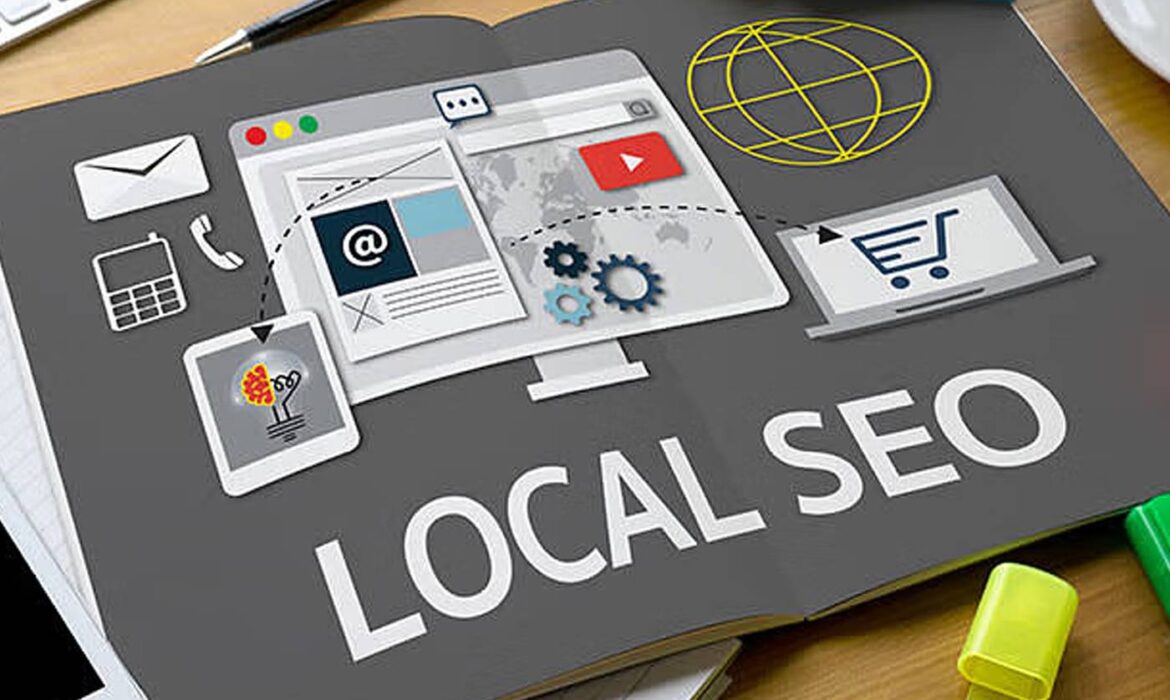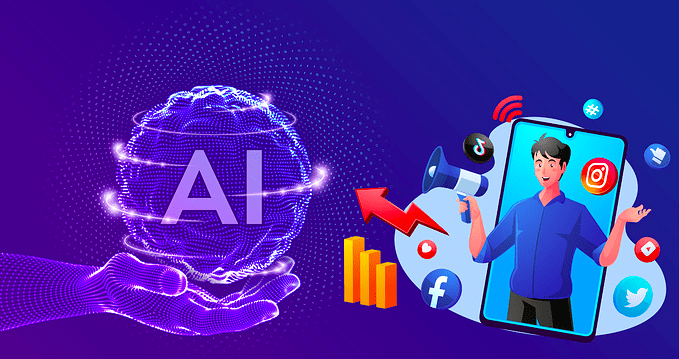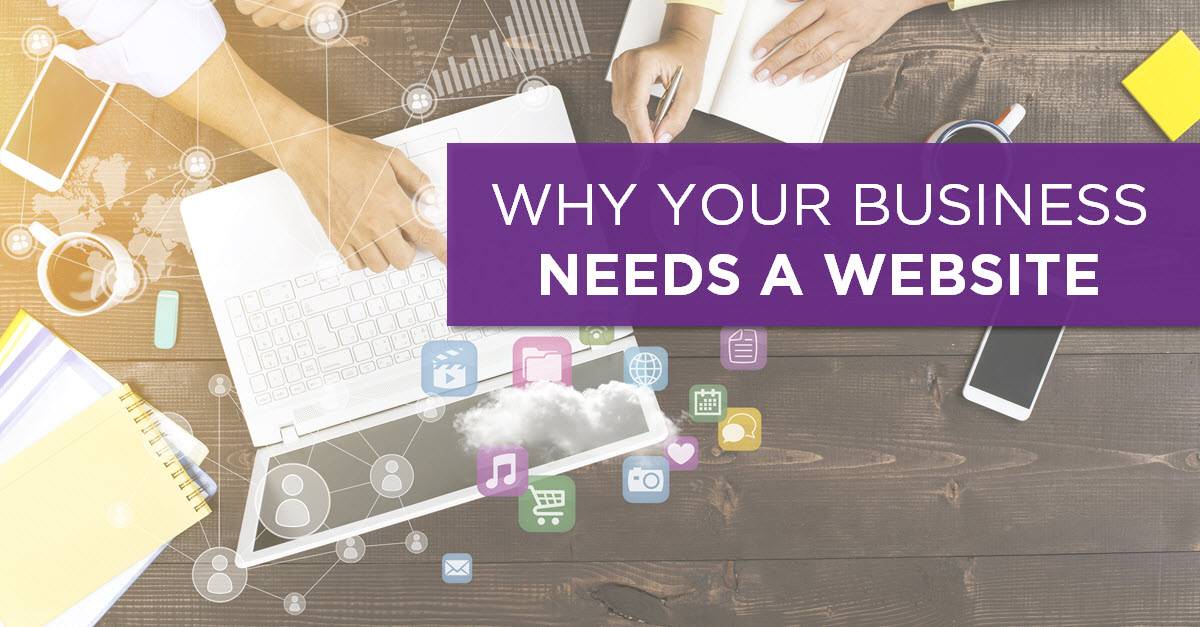Why SEO Matters for Every Pakistani Business in 2025
Why SEO Matters for Every Pakistani Business in 2025
In the current digital landscape, most customer journeys initiate with a quick search on Google. This prompts an essential question for every business owner: Is your business visible when it counts the most? If your answer is no, you might be missing out on significant opportunities to connect with potential customers daily. This is where SEO (Search Engine Optimization) plays a vital role in reshaping your online presence and driving customer engagement.
What is SEO and Why Does It Matter?
SEO refers to the strategic process of optimizing your website and its content to improve its visibility in search engine results. When potential customers search for specific services, such as “graphic designer in Karachi” or “affordable web development in Pakistan,” a well-optimized website will appear prominently in those search results.
To put it simply, SEO serves as a robust digital foundation that allows potential customers to find your business organically, without the need to pay for every click in online advertising.
The Importance of Prioritizing SEO for Pakistani Businesses in 2025
The online market in Pakistan is experiencing rapid growth, with more consumers turning to the internet for a wide array of services and products. As trends shift toward digital avenues for shopping, information gathering, and service selection, businesses that overlook the importance of SEO are at risk of lagging behind their competitors.
Here are several compelling reasons why investing in SEO is a strategic imperative this year:
- Builds Trust and Credibility – In the digital realm, consumers often equate high search rankings with trustworthiness. When your business appears at the top of search results, it fosters a sense of credibility and reliability in the eyes of potential customers.
- Long-Term Results – SEO is a long-term investment that yields persistent benefits. Unlike paid advertisements, which generate traffic only while you are actively paying, a well-executed SEO strategy continues to attract visitors long after your initial investment.
- Targets the Right Audience – Utilizing local SEO tactics allows you to connect with customers in your vicinity who are specifically searching for your services. This means your marketing efforts are directed toward those most likely to convert, making your outreach more efficient and effective.
- Higher Conversion Rates – Research indicates that organic traffic—comprised of visitors who find your site through search engines—is often more engaged and interested in your products or services than those acquired through paid advertising. This translates to higher conversion rates, meaning more of your visitors will take the desired actions, whether that’s making a purchase, signing up for a newsletter, or requesting a quote.
Conclusion
Prioritizing SEO is not just a trend; it is an essential strategy for any Pakistani business aiming to thrive in an increasingly competitive online marketplace in 2025 and beyond. By enhancing your online visibility, building trust, and connecting with the right audience, SEO can help ensure your business’s long-term success.
How Local SEO Can Boost Your Small Business
In today’s digital-first world, customers turn to search engines to find local businesses more than ever before. Whether they’re looking for a nearby coffee shop, a trusted mechanic, or the best hair salon in town, one thing is clear: if your small business doesn’t appear in local search results, you’re missing out on a significant number of potential customers. This is where Local SEO (Search Engine Optimization) comes in.
Local SEO is a targeted approach to improving your visibility in local search results. By optimizing for local searches, you can attract more foot traffic, generate more inquiries, and, ultimately, grow your business. Let’s dive into how Local SEO can make a difference for your small business and how to get started.
Why Local SEO Matters
1. Increased Visibility
Imagine someone in your area searching for “plumber near me” or “best pizza in [your city].” If your business isn’t showing up in the top results, you’re likely losing customers to competitors. Local SEO ensures your business appears prominently in these searches, putting you in front of customers actively looking for your services.
2. Attract More Customers
Statistics show that 76% of people who search for something nearby visit a business within 24 hours. By optimizing your online presence, you’re more likely to attract these motivated customers who are ready to make a purchase.
3. Compete with Larger Brands
Small businesses often struggle to compete with big-name companies. However, Local SEO levels the playing field by focusing on geographic relevance. If you’re a local business targeting local customers, you’re more likely to outrank national brands for local searches.
4. Cost-Effective Marketing
Compared to traditional advertising methods, Local SEO offers a higher return on investment (ROI). By targeting people already looking for your products or services, you’re spending your marketing budget more efficiently.
How to Get Started with Local SEO
Ready to harness the power of Local SEO? Here are the key steps:
1. Claim and Optimize Your Google Business Profile
Google Business Profile (formerly Google My Business) is a free tool that allows you to manage your business’s online presence on Google Search and Maps. Here’s how to optimize it:
- Add complete and accurate business information (name, address, phone number, website).
- Choose relevant categories and subcategories.
- Upload high-quality photos of your business, products, or services.
- Encourage happy customers to leave reviews and respond to them promptly.
2. Use Local Keywords
Incorporate location-based keywords into your website’s content, meta descriptions, and titles. For example, if you’re a bakery in Chicago, terms like “Chicago bakery” or “best cupcakes in Chicago” should feature prominently on your site.
3. Optimize Your Website for Mobile
Most local searches are conducted on mobile devices. Ensure your website is mobile-friendly, loads quickly, and provides a seamless user experience. This not only improves customer satisfaction but also boosts your rankings in search results.
4. Build Local Citations
Citations are online mentions of your business’s name, address, and phone number (NAP). Ensure consistent NAP information across directories like Yelp, Yellow Pages, and local business listings. Inconsistencies can confuse search engines and hurt your rankings.
5. Create Localized Content
Publishing content relevant to your local audience can drive traffic and improve engagement. Consider writing blog posts about local events, guides, or collaborations with other businesses in your area.
6. Leverage Social Media
Stay active on social media platforms and engage with your local audience. Share updates, promotions, and events to create a sense of community and drive traffic to your site.
7. Earn Backlinks from Local Sources
Backlinks from reputable local websites signal to search engines that your business is trusted within the community. Partner with local influencers, sponsor local events, or collaborate with neighboring businesses to earn these valuable links.
Local SEO isn’t just a marketing tactic; it’s a necessity for small businesses aiming to thrive in their communities. By investing in Local SEO, you’re not only increasing your visibility but also connecting with customers when they need your services the most.
The Role of AI in Revolutionizing Digital Marketing
In the ever-evolving world of digital marketing, staying ahead of the curve is essential for businesses striving to connect with their audiences. Artificial Intelligence (AI) has emerged as a game-changer, transforming traditional strategies into data-driven, highly personalized experiences. But how exactly is AI reshaping digital marketing? Let’s explore.
Personalization at Scale
One of AI’s most remarkable contributions to digital marketing is its ability to deliver personalization on a massive scale. Modern consumers expect tailored experiences, and AI makes it possible by analyzing vast amounts of data to understand individual preferences, behaviors, and needs. Whether it’s through personalized email campaigns, product recommendations, or dynamic website content, AI enables businesses to create connections that feel one-on-one, even in large-scale campaigns.
Enhanced Customer Insights
Understanding your audience is the cornerstone of effective marketing. AI-driven tools, such as predictive analytics and sentiment analysis, allow marketers to gain deep insights into customer behavior and market trends. By processing data from social media, customer feedback, and online interactions, AI uncovers patterns and forecasts future behaviors, empowering marketers to make informed decisions.
Chatbots and Customer Engagement
Gone are the days of waiting on hold for customer support. AI-powered chatbots are revolutionizing customer engagement by providing instant, 24/7 assistance. These virtual assistants can answer queries, recommend products, and even resolve issues, all while maintaining a conversational tone. The result? Improved customer satisfaction and streamlined operations.
Smarter Content Creation and Optimization
Content is king, but creating relevant and engaging content consistently can be challenging. AI tools are now aiding in content creation by generating ideas, writing drafts, and even optimizing existing content for search engines. Tools like natural language processing (NLP) and AI-driven SEO analysis ensure that content not only resonates with the audience but also ranks higher on search engines.
Automated Ad Targeting
Digital advertising has become more precise than ever, thanks to AI. Platforms like Google Ads and Facebook Ads leverage AI to optimize ad placements, targeting the right audience at the right time. By analyzing user data, AI ensures that marketing budgets are spent efficiently, maximizing ROI and reducing wasted ad spend.
Predictive Analytics for Campaign Planning
AI doesn’t just analyze the past—it predicts the future. Predictive analytics enables marketers to forecast campaign outcomes, identify potential risks, and adjust strategies proactively. This forward-thinking approach helps brands stay agile and ahead of the competition.
Ethical Considerations and Challenges
While AI offers immense potential, it’s not without challenges. Issues like data privacy, algorithm bias, and the need for transparency in AI-driven decisions must be addressed. Marketers must strike a balance between leveraging AI’s capabilities and maintaining ethical practices to build trust with their audiences.
The Human Touch: A Complement to AI
Despite AI’s transformative power, the human element remains irreplaceable. Creativity, empathy, and intuition—traits unique to humans—are essential in crafting compelling brand stories and emotional connections. AI should be seen as a tool that enhances human capabilities, not as a replacement.
Conclusion
AI is undoubtedly revolutionizing digital marketing, offering tools and capabilities that were once unimaginable. From personalization and customer insights to predictive analytics and automated processes, AI empowers businesses to reach their audiences more effectively than ever before. However, the future of digital marketing lies in the harmonious integration of AI’s precision with the human touch. By embracing this synergy, businesses can create meaningful and lasting relationships with their customers, ensuring sustained growth in an increasingly competitive landscape.
Why Every Business Needs a Website?
In today’s digital age, having a website is no longer a luxury; it’s a necessity. Whether you run a small bakery, a consulting firm, or a global enterprise, a website is your business’s most valuable digital asset. Here’s why:
1. First Impressions Matter
Imagine a potential customer hears about your business. What’s the first thing they’re likely to do? Look you up online. Without a website, you risk leaving a poor impression. A well-designed website showcases your brand, highlights your offerings, and sets you apart from competitors.
2. Your Business is Always Open
Unlike physical stores with fixed hours, a website works for you 24/7. Potential customers can browse your products or services, learn about your business, and even make purchases at any time of the day. This convenience can lead to higher sales and customer satisfaction.
3. Boosts Credibility
In the digital world, having a website signals professionalism and legitimacy. It’s often the first marker of trust for new customers. A website with testimonials, case studies, or client logos can further enhance your credibility.
4. Reaches a Broader Audience
A physical location limits you to local customers. With a website, your reach expands globally. You can attract customers from different cities, countries, or even continents, opening up opportunities you might never have imagined.
5. Showcases Your Products and Services
Your website is the perfect platform to highlight your offerings. Use high-quality images, detailed descriptions, and even videos to demonstrate the value you provide. This is especially crucial for e-commerce businesses.
6. Enables Marketing Opportunities
A website acts as a hub for your digital marketing efforts. Whether it’s search engine optimization (SEO), pay-per-click (PPC) advertising, or social media campaigns, driving traffic to a website can amplify your marketing ROI.
7. Cost-Effective Communication
Gone are the days of printing brochures and flyers. A website allows you to share updates, announcements, and promotions instantly and at no additional cost. With a blog or news section, you can keep your audience informed and engaged.
8. Data-Driven Insights
A website provides access to valuable analytics. Tools like Google Analytics can show you who’s visiting your site, what they’re looking for, and how they interact with your content. This data helps you make informed business decisions and improve customer experiences.
9. Compete Effectively
Your competitors likely already have a website. Without one, you’re at a disadvantage. A strong online presence ensures you stay competitive in your industry and can even give you an edge over businesses with outdated or poorly designed websites.
10. Adaptability in a Changing World
The COVID-19 pandemic highlighted the importance of digital channels. Businesses with websites could pivot quickly to online sales and remote services. Having a website ensures you’re ready for future disruptions or changes in consumer behavior.
Final Thoughts
Investing in a website is investing in the future of your business. It’s more than just a digital storefront; it’s a powerful tool to build trust, reach new customers, and grow your brand. If your business doesn’t already have a website, now is the time to take the leap. After all, in the modern marketplace, being online isn’t optional—it’s essential.





